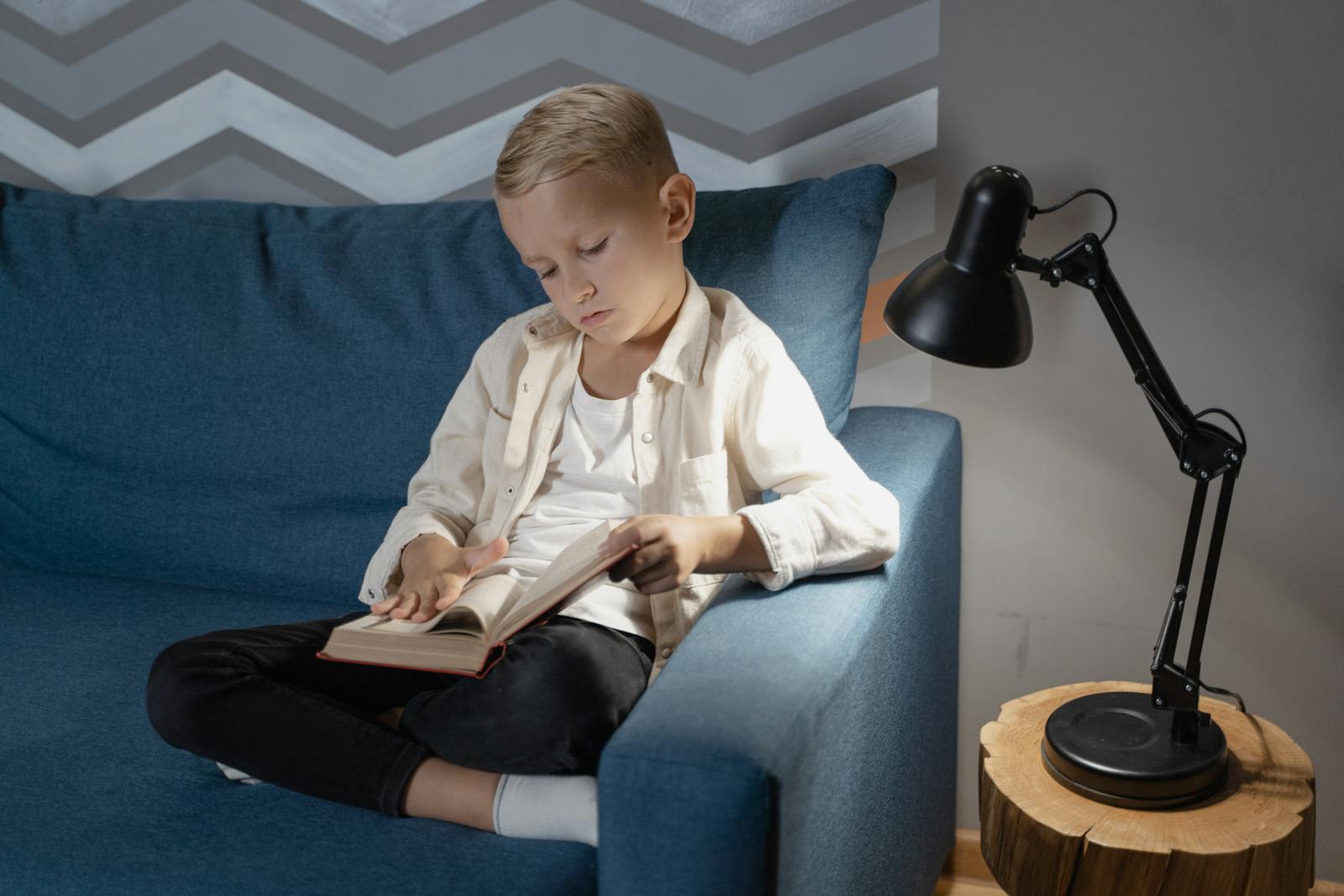A Historical Perspective on Childhood
Childhood, as we know it, is a relatively modern concept. In the Middle Ages, the notion of a distinct, protected period for children was practically nonexistent. Children were weaned by age three or four and plunged into the adult world. Education was informal or absent, and families were extended, multi-generational households, often comprising people from varied social and economic backgrounds.
The modern idea of childhood emerged alongside the Enlightenment, liberal revolutions, and the rise of the bourgeoisie. Parents began to view children as individuals needing guidance and care, and schooling became a tool for structured growth. Childhood transformed into a “golden age”—a time for nurturing rather than merely surviving.
This historical context is essential because it frames contemporary debates around childhood expectations. We now operate in a society that assumes children should grow up learning, achieving, and excelling—sometimes at the cost of their freedom to simply be children.
The Burden of Expectations
Liliana Sulzbach’s 2000 short film, A Invenção da Infância (“The Invention of Childhood”), illustrates the spectrum of childhood pressures. It contrasts the lives of children from different social classes: a rural child in Brazil’s Northeast sighs, “What can you do? You have to work…”, while a middle-class girl remarks, “I have a schedule for everything! I live like an adult, but it’s better this way!” Both scenarios highlight a central concern: children are often pushed into adult-like responsibilities that surpass their developmental readiness.
Today, preparing children for the future is a high-stakes endeavor. Parents, spurred by school demands or their own ambitions, orchestrate schedules packed with extracurriculars, tutoring, and other activities. In cities like São Paulo, logistical challenges—getting kids from one commitment to another—can overwhelm even the most organized parents. In this accelerated rhythm, children experience time as a scarce, valuable commodity rather than a natural flow of growth and play.
The Psychological Toll
As a practicing psychologist, Dr. Blenda Sueny Marceletti de Oliveira observes recurring patterns in her consultations. Parents often describe their children using extremes: “My child is brilliant, but for some reason doesn’t do well in school,” or “He’s naturally athletic, yet struggles with focus and routine.” Others express concern over hyperactivity, insomnia, or difficulty following instructions. These observations raise a critical question: what links these behavioral patterns to the overwhelming pressures of modern childhood?
Medical research, psychology, and neuroscience offer insights that were unavailable just fifty years ago. These fields help identify the root causes of many childhood disorders and guide appropriate interventions. Yet the pressures of daily life—exposure to violence, competitive schooling, constant media access, and reduced free play—undoubtedly exacerbate issues that were once predominantly adult concerns.
Childhood as Investment
Parenting today is often seen as a significant investment. Parents work tirelessly to secure resources for their children, from high-quality education to extracurricular enrichment. The goal is understandable: they want their children to thrive in an increasingly competitive world. However, this pursuit can inadvertently prioritize achievement over holistic development.
Children subjected to these demands often end up exhausted, with limited opportunities for spontaneous play and exploration. While education and structured learning are essential, overemphasizing performance can undermine the very qualities that make learning meaningful—curiosity, creativity, and intrinsic motivation.
Learning vs. Task Completion
The challenge lies in distinguishing between meaningful learning and mere task completion. True learning is an exploratory process, an ongoing discovery from the simple to the complex. When parents or schools equate education with relentless performance, children may gain skills but lose engagement and joy.
Providing resources should be about nurturing an environment conducive to curiosity and growth, not simply about meeting milestones. Constructive ideals—like critical thinking, perseverance, and ethical reasoning—cannot be instilled through schedules alone. Children need space to internalize lessons, experiment, and develop resilience organically.
Balancing Support and Freedom
Striking the right balance requires deliberate attention. Parents must ensure their children have access to learning opportunities without converting their daily lives into a series of obligations. Play, unstructured exploration, and downtime are not luxuries—they are essential components of cognitive and emotional development. When children are constantly “on,” the risk of stress-related conditions, anxiety, and attentional issues rises sharply.
The cultural drive for high achievement often masks these risks. Parents may celebrate a packed schedule as evidence of their child’s potential, yet fail to recognize the subtle erosion of childhood innocence. By contrast, children allowed to engage with the world at their own pace—guided but not pressured—develop stronger self-regulation, social skills, and emotional intelligence.
Time as a Valuable Resource
In this context, time becomes a precious asset for children. Rather than measuring its value in accomplishments or certificates, it should be measured in experiences, exploration, and discovery. Childhood should be a laboratory for growth, not a factory of performance. The challenge for modern families is to reconcile ambition with presence, achievement with play.
Investing in children’s futures is admirable, but it should not come at the expense of their present well-being. A well-rounded childhood integrates learning, creativity, social engagement, and rest. Parents and educators must reflect on whether their interventions serve the child’s development or merely satisfy societal pressures.
Life is not merely a sequence of tasks, and neither should childhood be. In fostering children who are competent, curious, and resilient, the focus must shift from packed schedules to the cultivation of meaningful experiences, relationships, and self-directed exploration. Only then can we honor the essence of childhood—not as a series of obligations, but as a unique, formative, and joyful stage of life.




